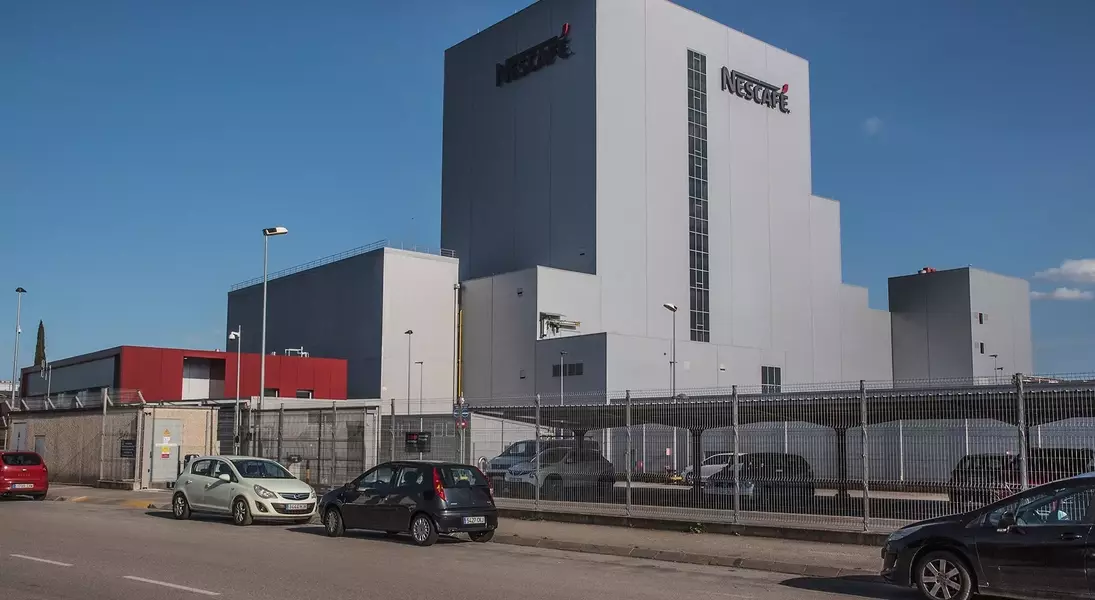
Nestlé Spain is spearheading an environmental transformation with a significant investment in its Girona facility. The company has allocated €15 million to introduce innovative packaging solutions for Nescafé soluble coffee and Nescafé Dolce Gusto capsules. This substantial financial commitment aims to enhance sustainability by incorporating recyclable materials and reducing the reliance on virgin plastic. Two new packaging lines will be installed, which are expected to boost energy efficiency through automation. Construction of these upgrades is slated for completion before the year ends.
The introduction of refill bags represents a pivotal shift towards more sustainable practices. These environmentally friendly bags, made from recyclable materials, were first introduced two years ago and provide a high-quality alternative to traditional glass jars. Not only do they offer the same product quality, but they also significantly reduce packaging weight by at least 97% compared to glass containers. By late 2025, the factory will produce various sizes of these refill bags, catering to both Nescafé Classic and decaffeinated versions. Additionally, a high-speed production line for single-serve sachets will be established, using recyclable mono-materials. This initiative is projected to cut down virgin plastic usage by 60 tonnes annually, producing 1,200 sachets per minute for retail and hospitality markets.
Arnau Pi, the director of the Girona factory, emphasized that adopting these new packaging lines marks a crucial step towards minimizing virgin plastics and fostering a circular economy. Nestlé’s commitment to sustainable food production underscores the importance of responsible manufacturing. With over 900 employees and exporting a majority of its products to 56 countries, the Girona plant continues to innovate. The facility's use of biomass boilers, fueled by coffee grounds for steam generation, exemplifies the company's dedication to eco-friendly processes. As it prepares to construct a second boiler capable of processing over 52,000 tonnes of coffee grounds annually, Nestlé remains at the forefront of sustainable practices, setting a benchmark for the industry.
